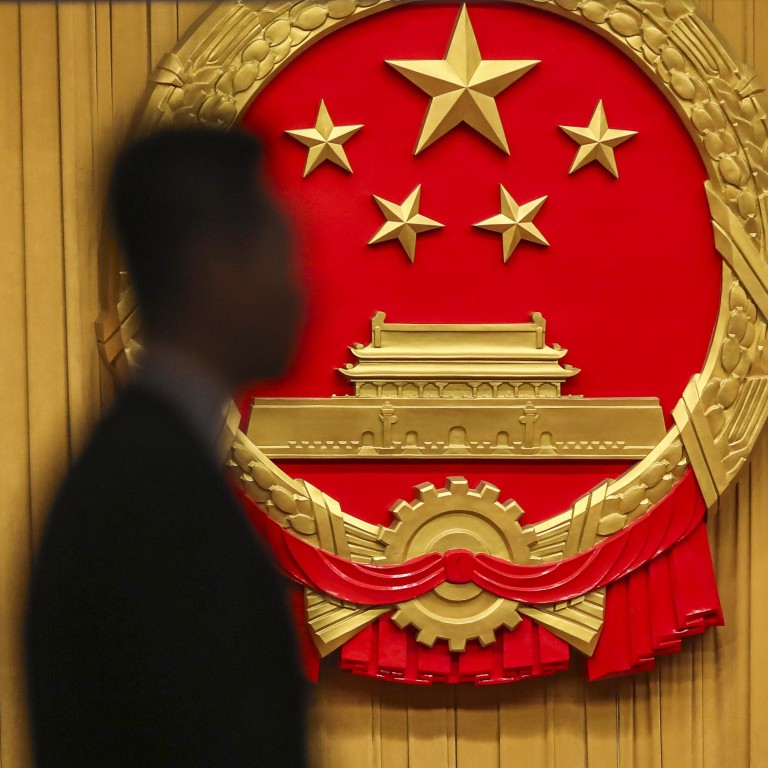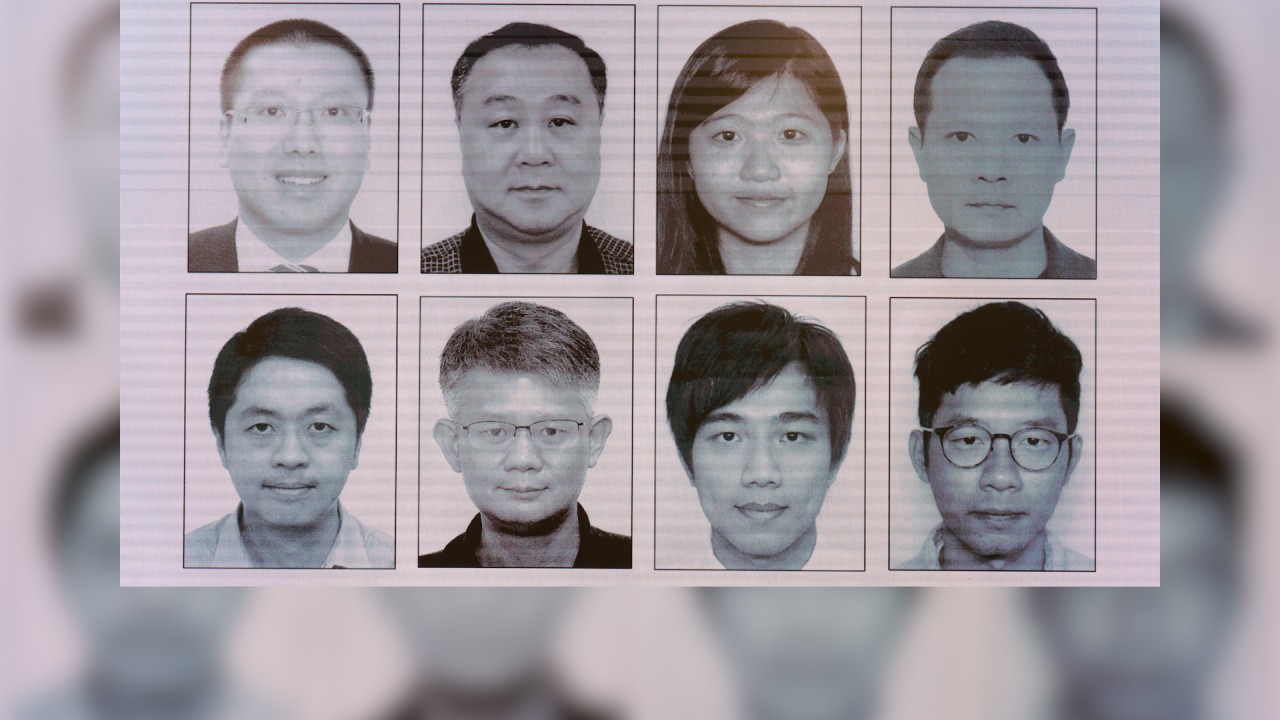
China’s move to scale back judicial transparency may be bigger political threat to Beijing than scrutiny of cases
- Security concerns could be the real reason behind Supreme People’s Court announcement it will reduce cases uploaded to public archive
- Legal practitioners warn the judicial system is likely to get worse because Communist Party is getting rid of public scrutiny – which will only create more social grievances
A Supreme People’s Court official told the party mouthpiece People’s Daily that Beijing would not shut down the China Judgements Online website that contains over 100 million judgments. However, he said “embracing judicial transparency doesn’t mean we need to post all judicial information on the internet”.
When the database was launched 10 years ago, it was intended to improve transparency by making all court documents public, except those related to minor offences, state secrets, divorce and other exceptions decided by the court. So, the statement from the Supreme People’s Court raised eyebrows.
It is not clear if the resource will be phased out eventually, or whether courts are still required to upload their judgments there.
The court official cited protection of privacy, difficulty for legal practitioners searching the large volume of cases and security threats as reasons for the changes.
It is a common practice among developed countries and modern cities, including Hong Kong, to publicise court rulings.
Privacy protection has always been part of the discussion. While certain personal information would be hidden from the documents made public, most developed countries agree that the public’s right to access court rulings is of the utmost importance to ensure judicial transparency, and that privacy is not a convincing reason to keep court rulings from being publicised.
Measures were put in place in China in 2016 to protect personal information: names were omitted in cases involving family disputes such as divorce and inheritance and the names of minor offenders and victims in criminal cases were removed.
Information such as addresses, telephone numbers, ID numbers, bank accounts, driving licences, health status and commercial secrets are also supposed to be redacted from documents made public.
While the official said the vast number of rulings made it hard for lawyers and judges to search for information, lawyers have argued that having access to most court rulings provides them with a much better reference resource.
Can China’s international courts meet the challenge of its global ambitions?
Worries about security could be the real reason behind Beijing’s move. The court official said “parties from all sides” paid close attention to the archive because they could obtain a large amount of information about China and its society from big data analysis.
Human rights activists based overseas have used the archive to search for information about how Beijing purged its critics through vague charges such as “picking quarrels and provoking troubles”. Many of these cases were removed from the public archive.
Scaling back efforts in judiciary transparency poses a bigger political threat to Beijing than these embarrassments.
Legal practitioners have warned that by ending the process of making court rulings public online, corruption in the judicial system is likely to get worse because the Communist Party has rid itself of the tool of public scrutiny and must rely solely on internal inspection to ensure the quality of rulings.
If that happens, it will only create more social grievances and pose an even bigger threat to social stability.



